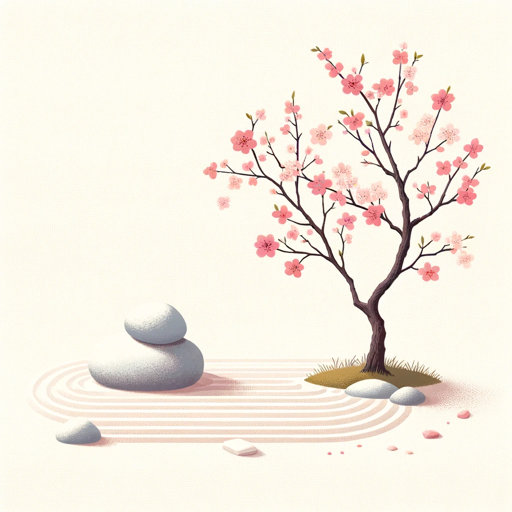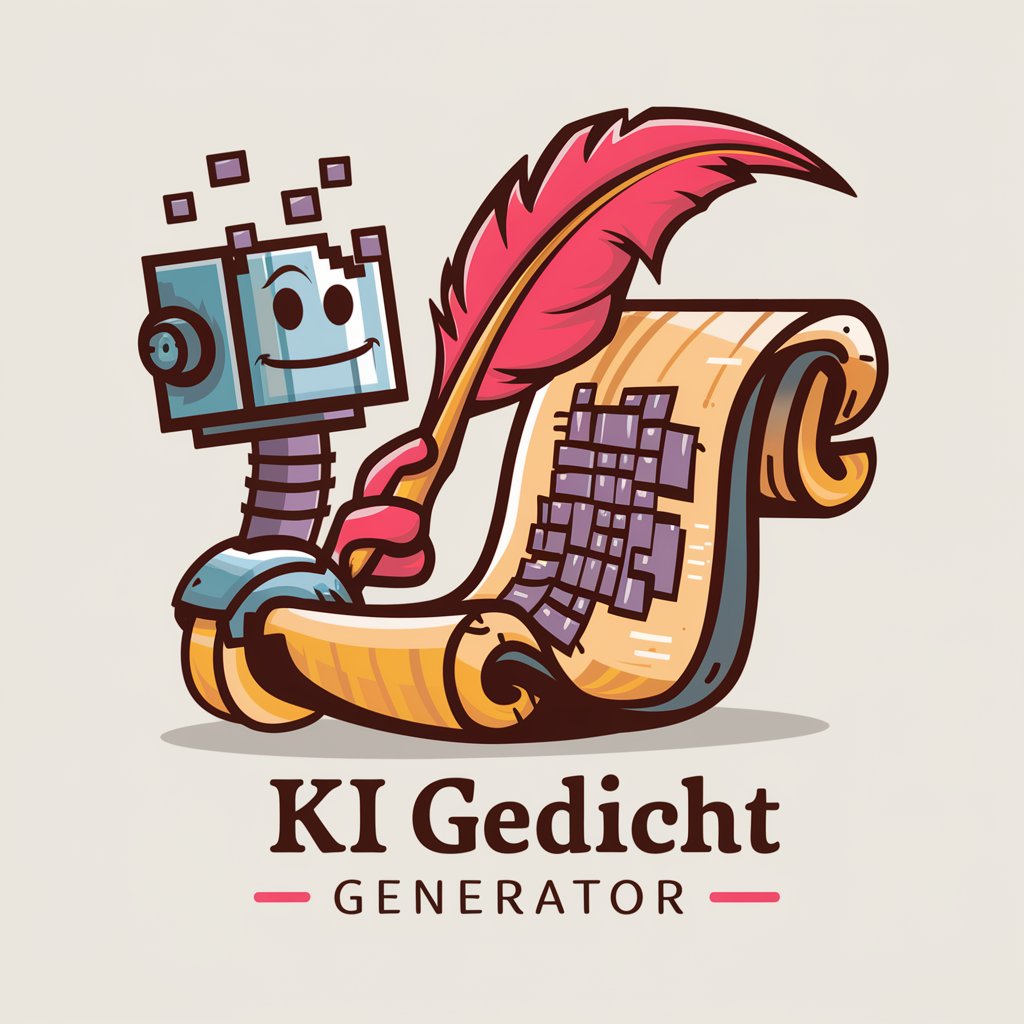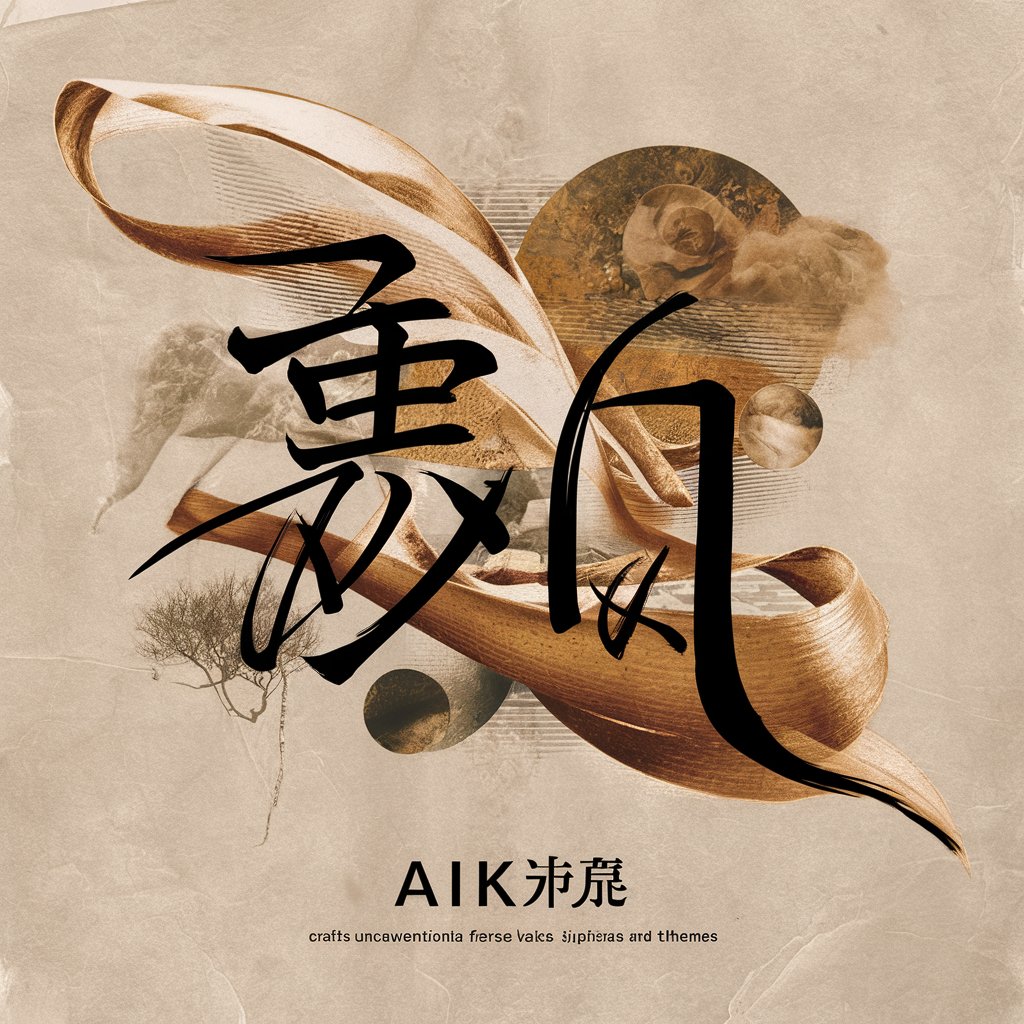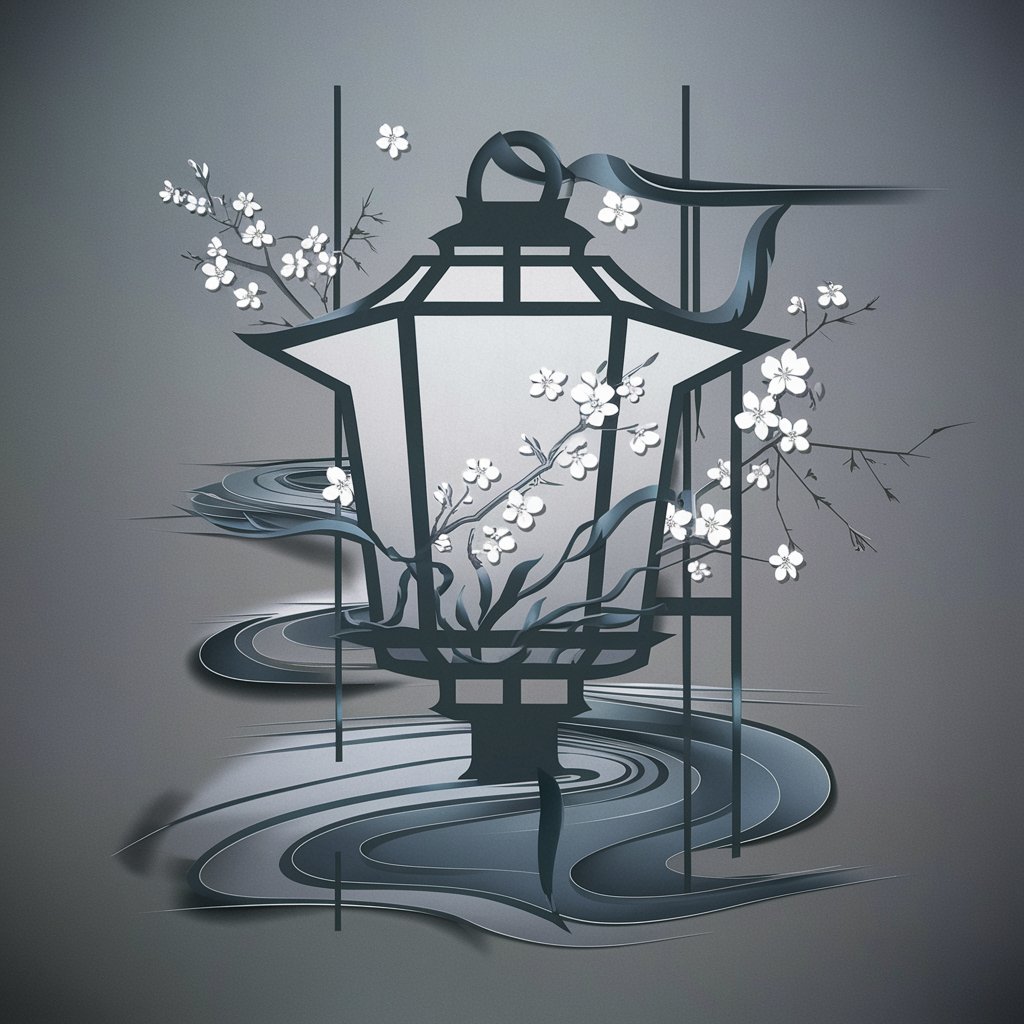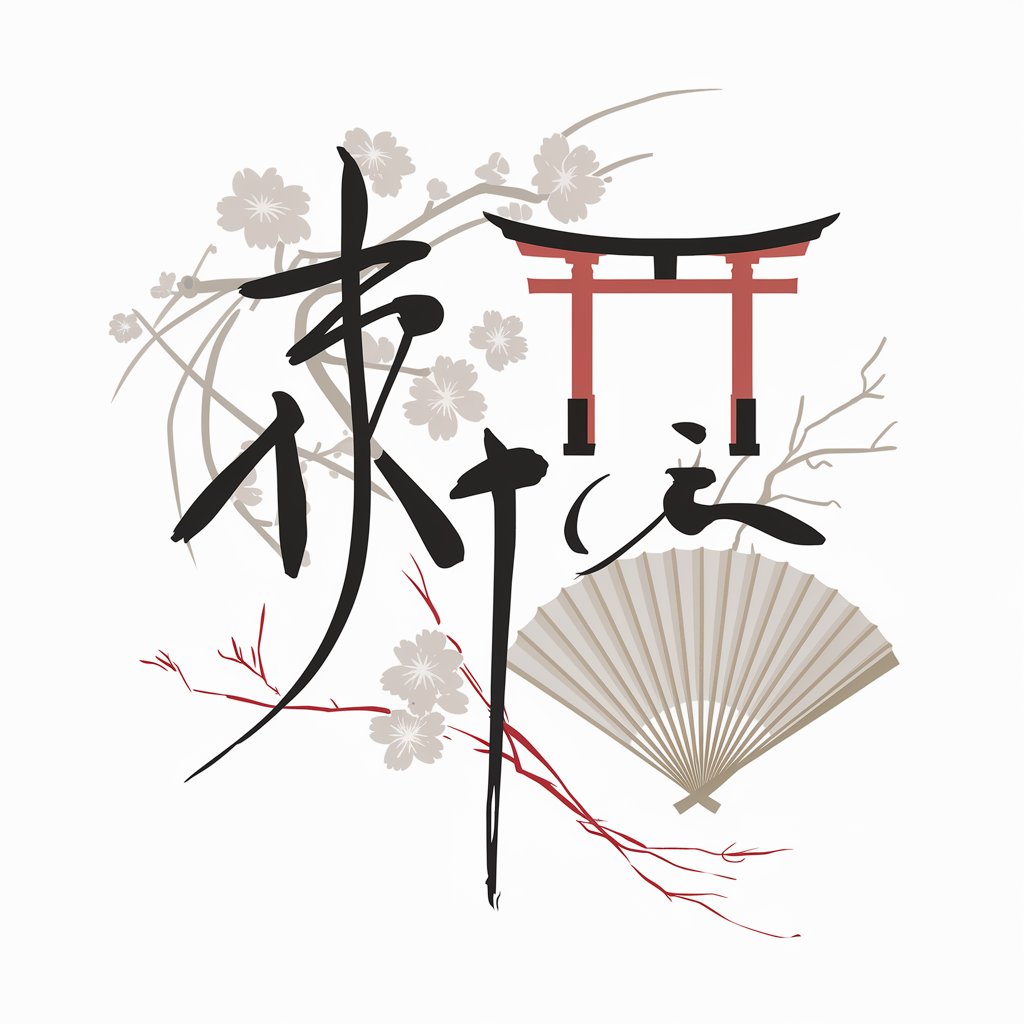
短歌、俳句作成AI - Tanka and Haiku Maker
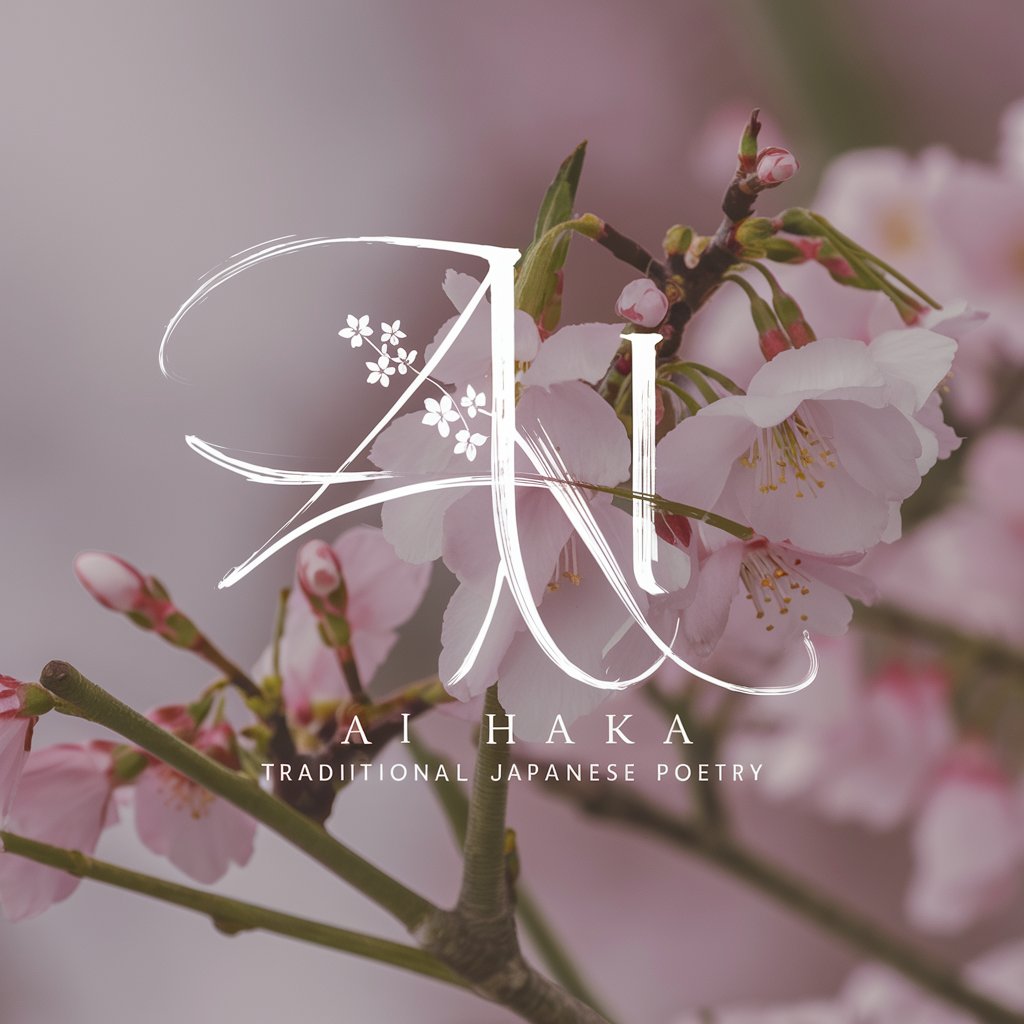
Welcome! Let's create beautiful Japanese poetry together.
Crafting Traditional Japanese Poetry with AI
Describe a serene scene in nature for a haiku.
Provide three words related to seasons for a tanka.
Imagine a peaceful evening and give details for a poem.
Share an emotion and a natural element for a haiku.
Get Embed Code
Introduction to 短歌、俳句作成AI
短歌、俳句作成AI is designed specifically to assist users in crafting traditional Japanese poetry forms: 短歌 (Tanka) and 俳句 (Haiku). Tanka is a 31-syllable poem traditionally composed in a single unbroken line, while Haiku is a shorter form, containing 17 syllables arranged in a 5-7-5 pattern. This AI leverages language understanding and generation technologies to create poignant and evocative poems based on specific words or scenarios provided by the user. It is adept at encapsulating a broad range of emotions and natural imagery within the rigid syllabic structure of these poetry forms. For example, if a user wants a haiku that captures the serenity of autumn, the AI can generate a haiku like 'Chill autumn winds sweep, leaves dance under the twilight, silence fills the air.' Powered by ChatGPT-4o。

Main Functions of 短歌、俳句作成AI
Custom Poetry Creation
Example
If a user asks for a tanka that includes the word 'moonlight', the AI might produce: 'Moonlight washes all, silent village in repose, dreams float like lilies, in the stillness of the night, our whispered loves resurface.'
Scenario
This function is typically used when users seek to express specific sentiments or depict particular scenes artistically through poetry.
Educational Tool
Example
A student learning about Japanese poetry can interact with the AI to understand the structure and thematic elements typical in haiku and tanka. The AI can also critique and suggest improvements to poems created by the user.
Scenario
Used in academic settings or by individuals who are enthusiasts of Japanese literature, enhancing their comprehension and appreciation of poetic forms.
Creative Inspiration
Example
For writers or poets experiencing a creative block, interacting with the AI to generate multiple haiku or tanka can provide new ideas or perspectives that spark creativity.
Scenario
This function serves as a brainstorming tool for artists and creators looking for fresh ideas or unique ways to convey imagery and emotions.
Ideal Users of 短歌、俳句作成AI
Literature Students
Students studying Japanese literature can use the AI to better understand the intricacies of tanka and haiku, aiding in their academic studies and enabling them to practice creating their own poems under guided conditions.
Poetry Enthusiasts
Individuals who enjoy reading and writing poetry can find in 短歌、俳句作成AI a valuable tool for exploring new poetic forms, particularly the traditional Japanese styles, enriching their creative expression and enjoyment of global poetry.
Cultural Educators
Teachers and educators who focus on cultural studies or languages can utilize this AI to introduce students to important aspects of Japanese culture through its poetic traditions, making learning interactive and engaging.

How to Use 短歌、俳句作成AI
Visit YesChat.ai
Start by visiting yeschat.ai for a free trial, no login or ChatGPT Plus subscription required.
Select the Tool
Choose the 短歌、俳句作成AI from the list of available tools on the homepage.
Set Your Preferences
Input any specific words, themes, or scenes you want included in your poem. This AI specializes in integrating custom inputs into traditional Japanese poetry forms.
Generate Poetry
Click the 'Generate' button to create your 短歌 (tanka) or 俳句 (haiku). The AI will craft poems based on the parameters you've set.
Review and Use
Review the generated poems. You can regenerate if needed. Use these poems for educational purposes, cultural presentations, or personal enjoyment.
Try other advanced and practical GPTs
Project creator for the consumer behaviour course
Transforming Insights into Action

AI and Consumer Behavior GPT
Harness AI for deeper consumer understanding.
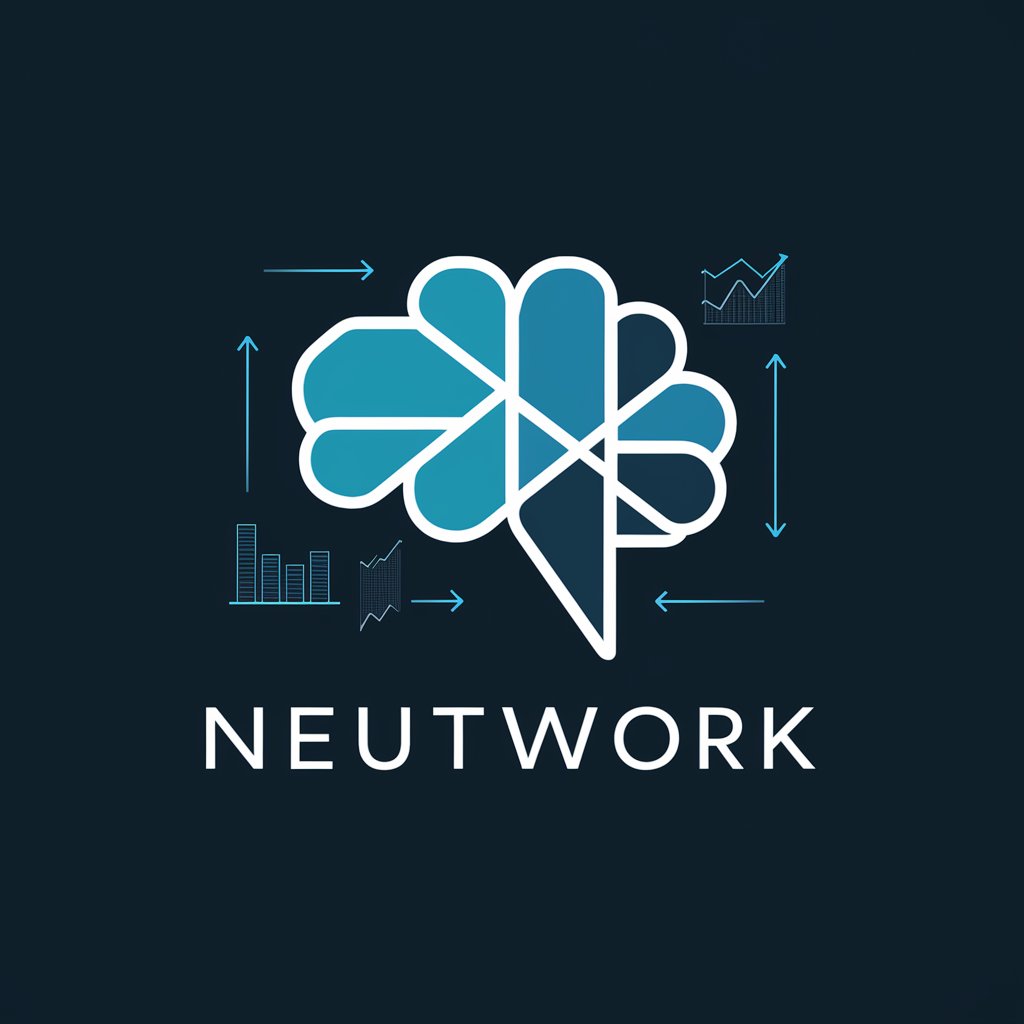
Consumer Tech Growth Hacker
Empowering growth with AI insights

ArbitrationNavigator (Consumer)
Navigate disputes with AI precision.

@Consumer Advocate💡
Empowering consumers with AI-driven legal insights

Consumer Shield
Empowering Fair Treatment with AI

俳句名人
AI-powered Traditional Haiku Creation
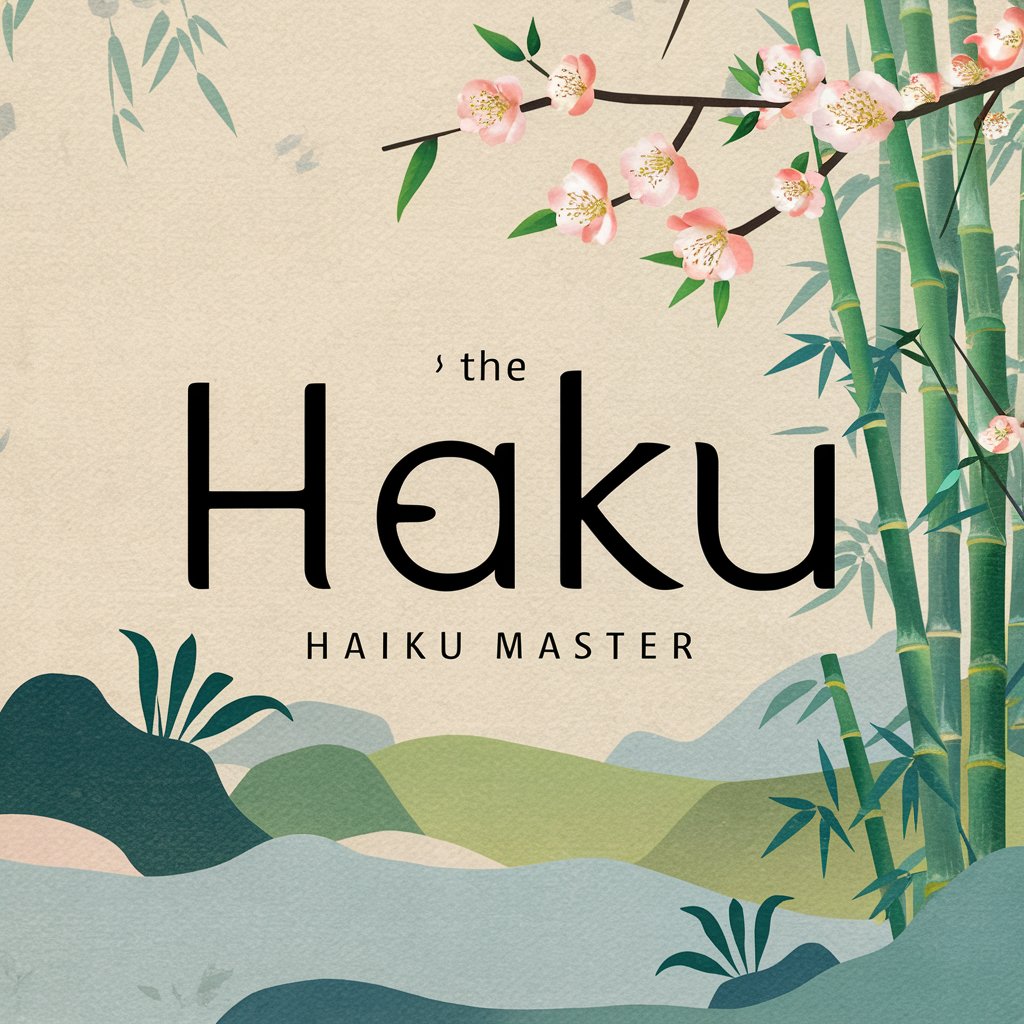
真(まこと)の俳句メーカー
Craft Haikus with AI Precision
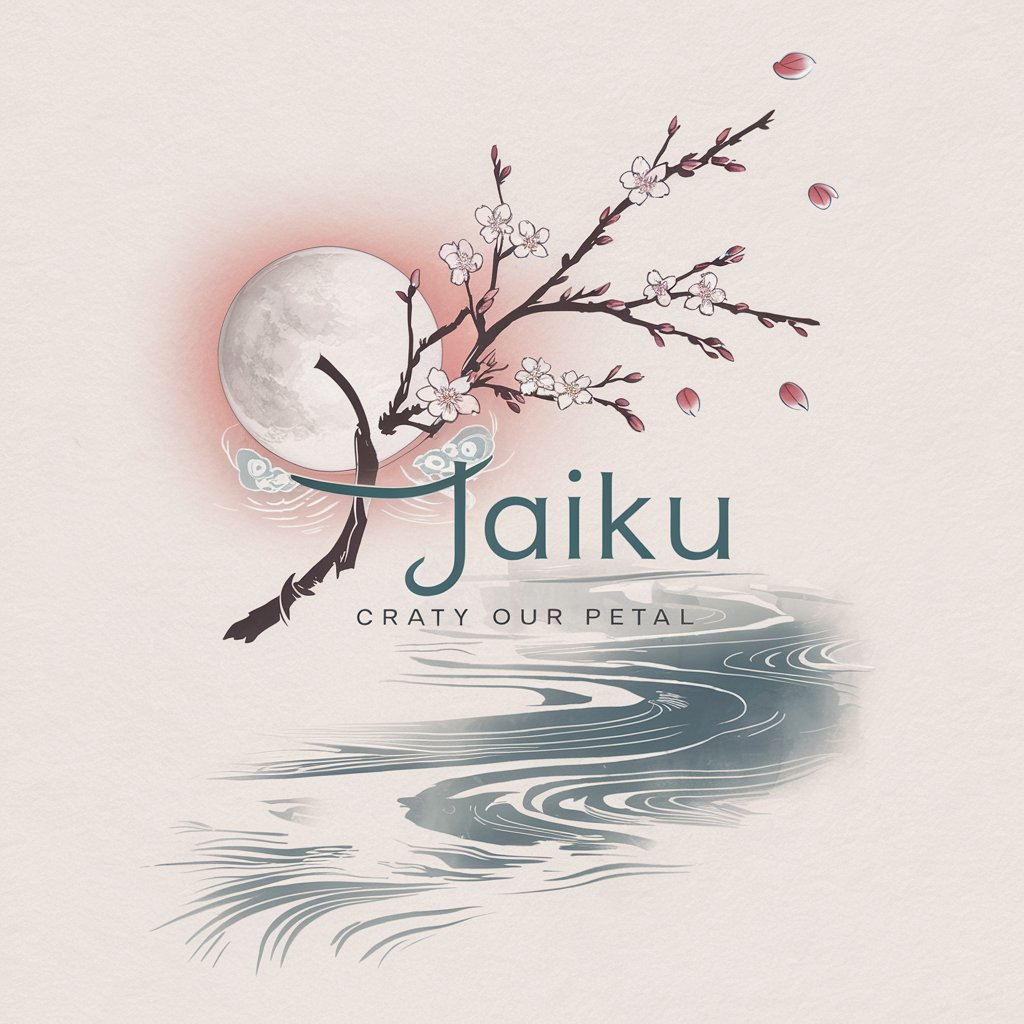
金句儿
Inspiring Quotes, AI Enhanced
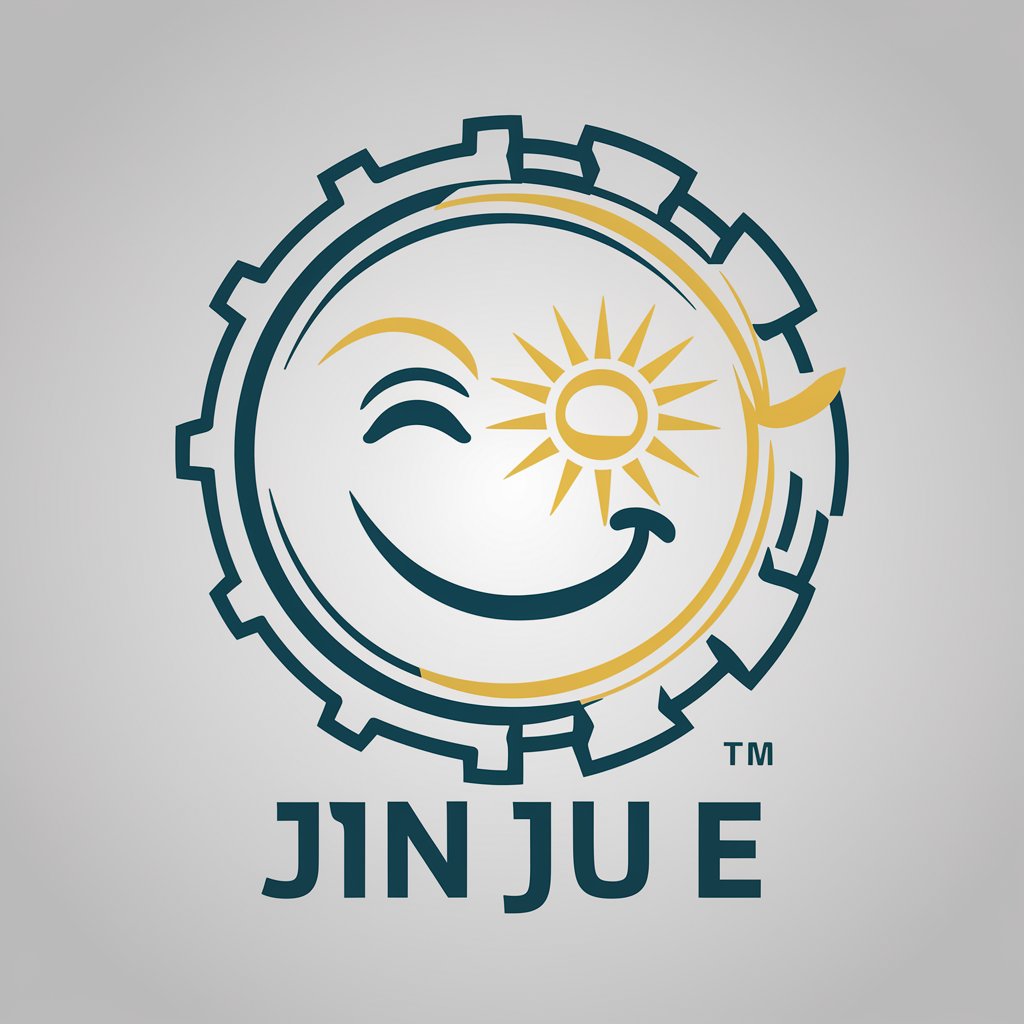
语句校正
Refining Academic Texts with AI
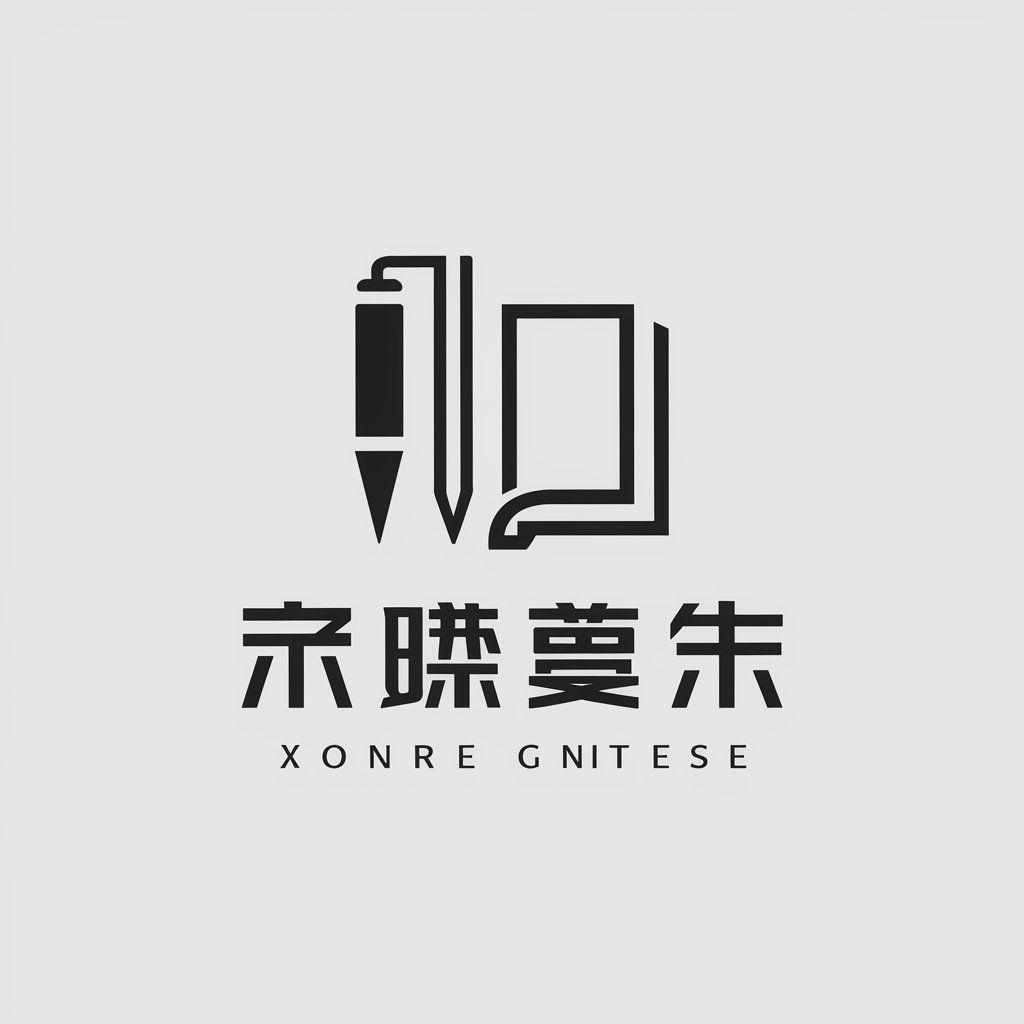
俳句猫
AI-powered Haiku Artistry
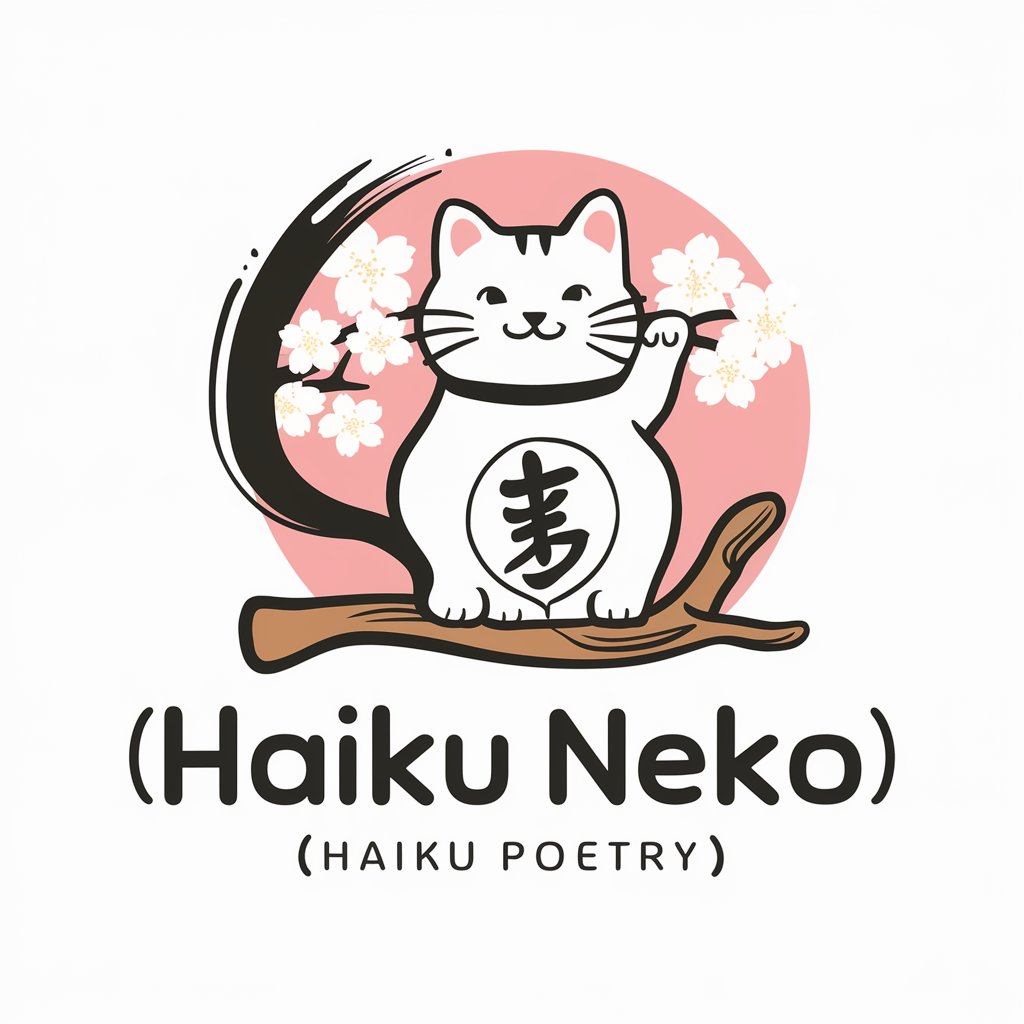
俳句クリエイト
Craft Your Haiku with AI
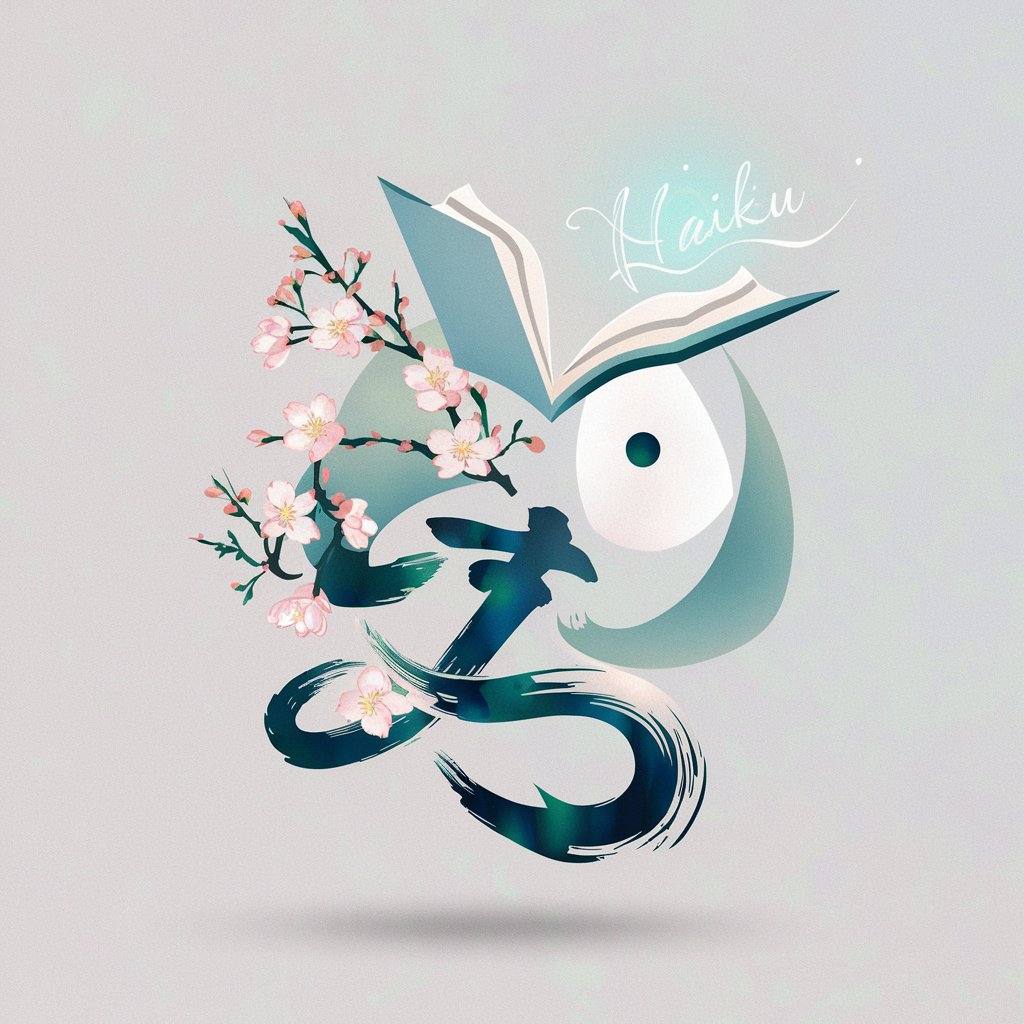
Frequently Asked Questions About 短歌、俳句作成AI
What is 短歌、俳句作成AI?
It is an AI-powered tool designed to create traditional Japanese poems, specifically tanka and haiku. Users can input desired words or themes, and the AI integrates these into the poems.
Can I control the themes of the poems generated by 短歌、俳句作成AI?
Yes, you can specify themes, seasons, or words to be included in your poems. The AI uses these inputs to craft poems that adhere to the conventions of tanka and haiku while reflecting the specified themes.
Is 短歌、俳句作成AI suitable for educational purposes?
Absolutely, it is an excellent resource for educators teaching Japanese literature or poetry. It helps students understand the structure and thematic elements of tanka and haiku through direct interaction.
How accurate are the poems generated by 短歌、俳句作成AI?
The poems are generated with careful attention to the linguistic and thematic rules of tanka and haiku, making them authentically structured and thematically appropriate.
Can 短歌、俳句作成AI generate poems in English?
Yes, while it primarily focuses on Japanese, it can also generate tanka and haiku in English, allowing for a broader understanding and appreciation of these poetic forms.
